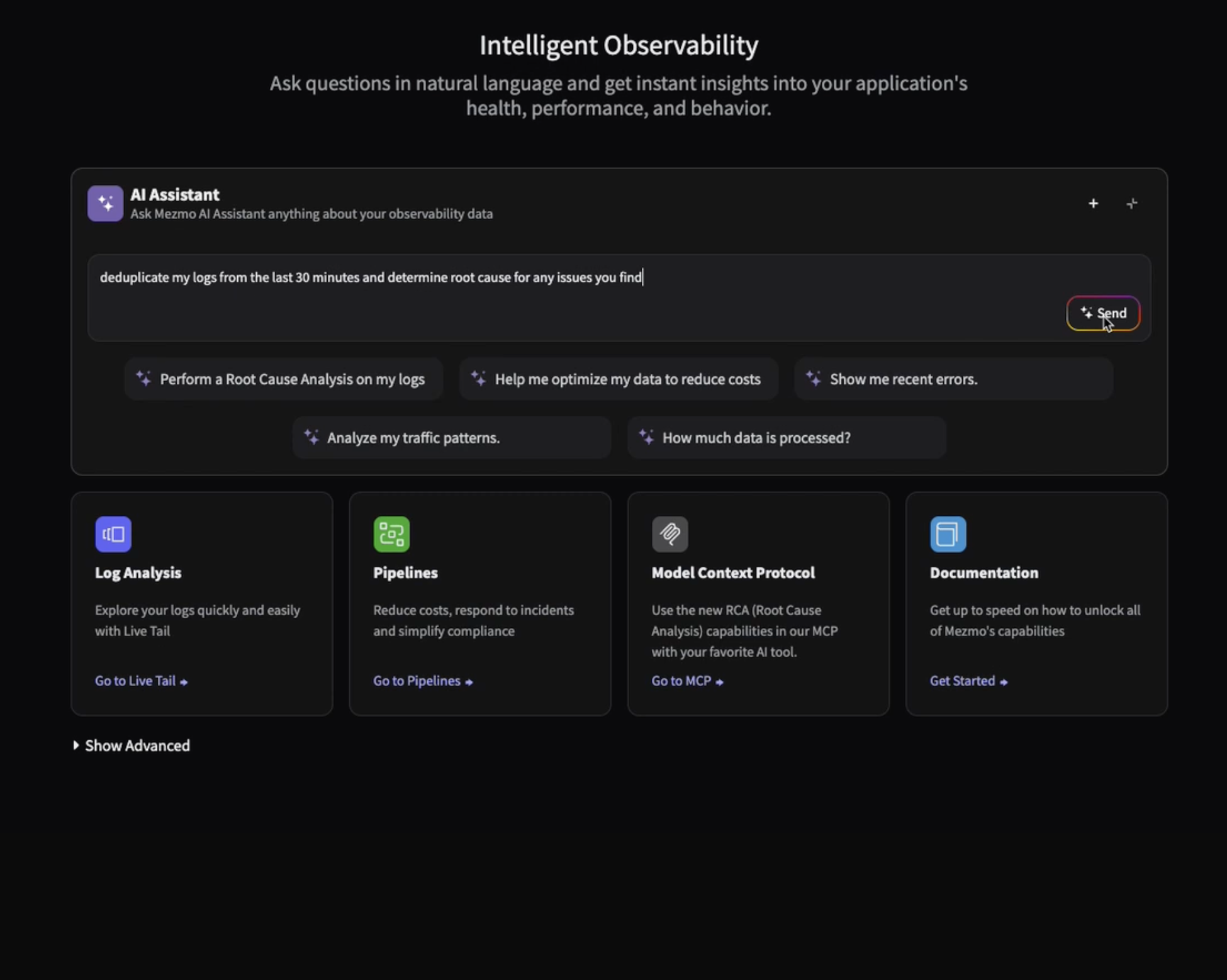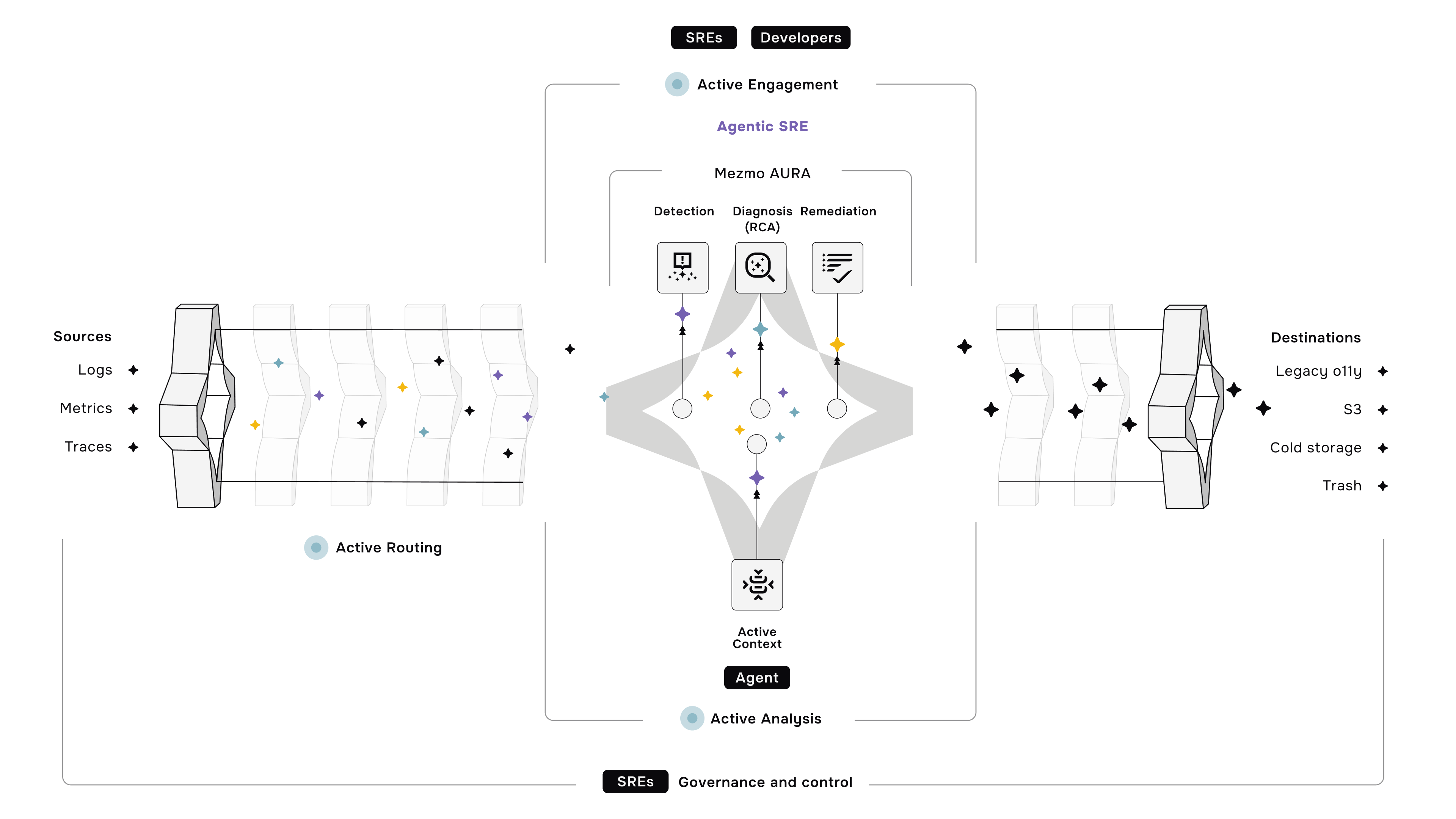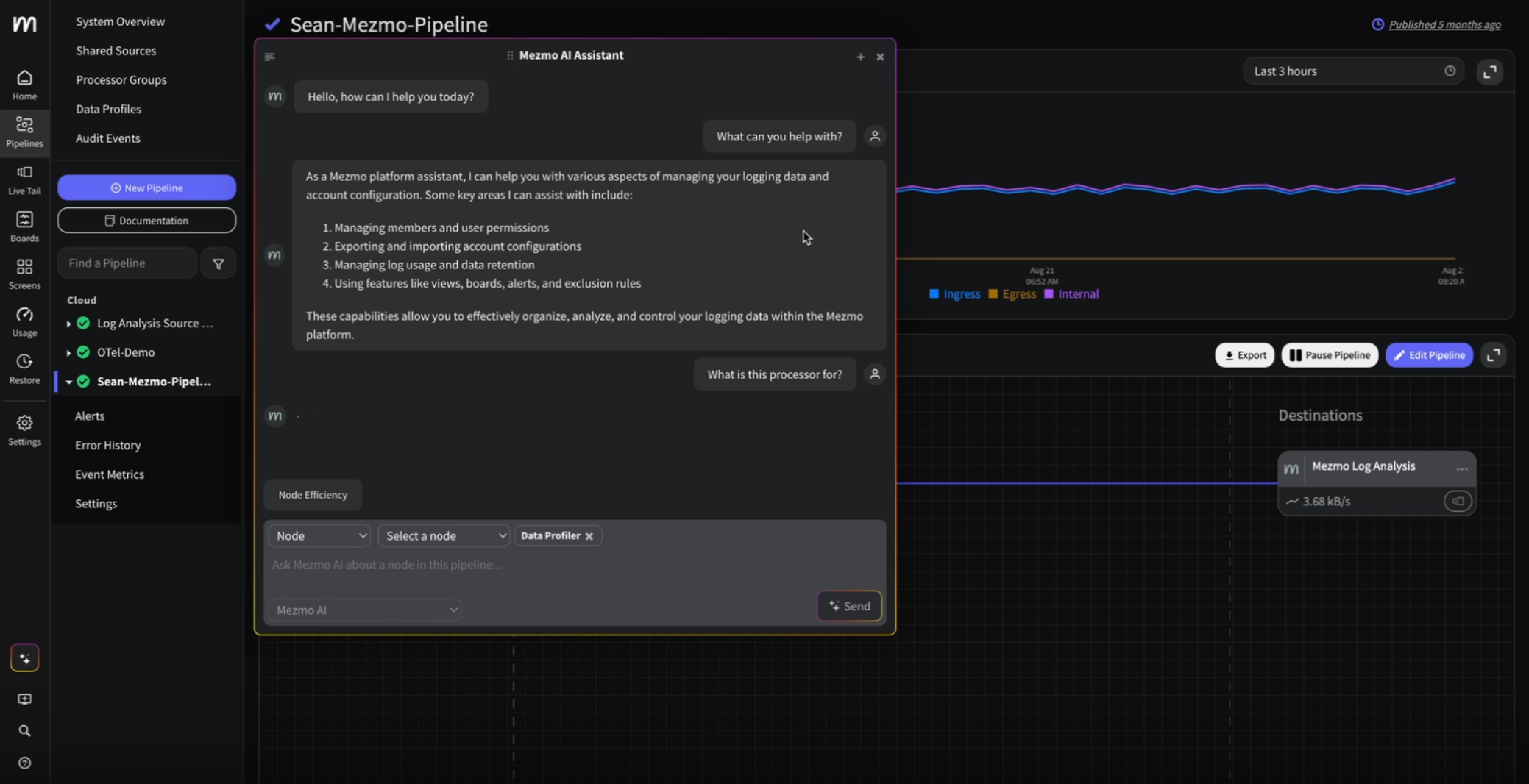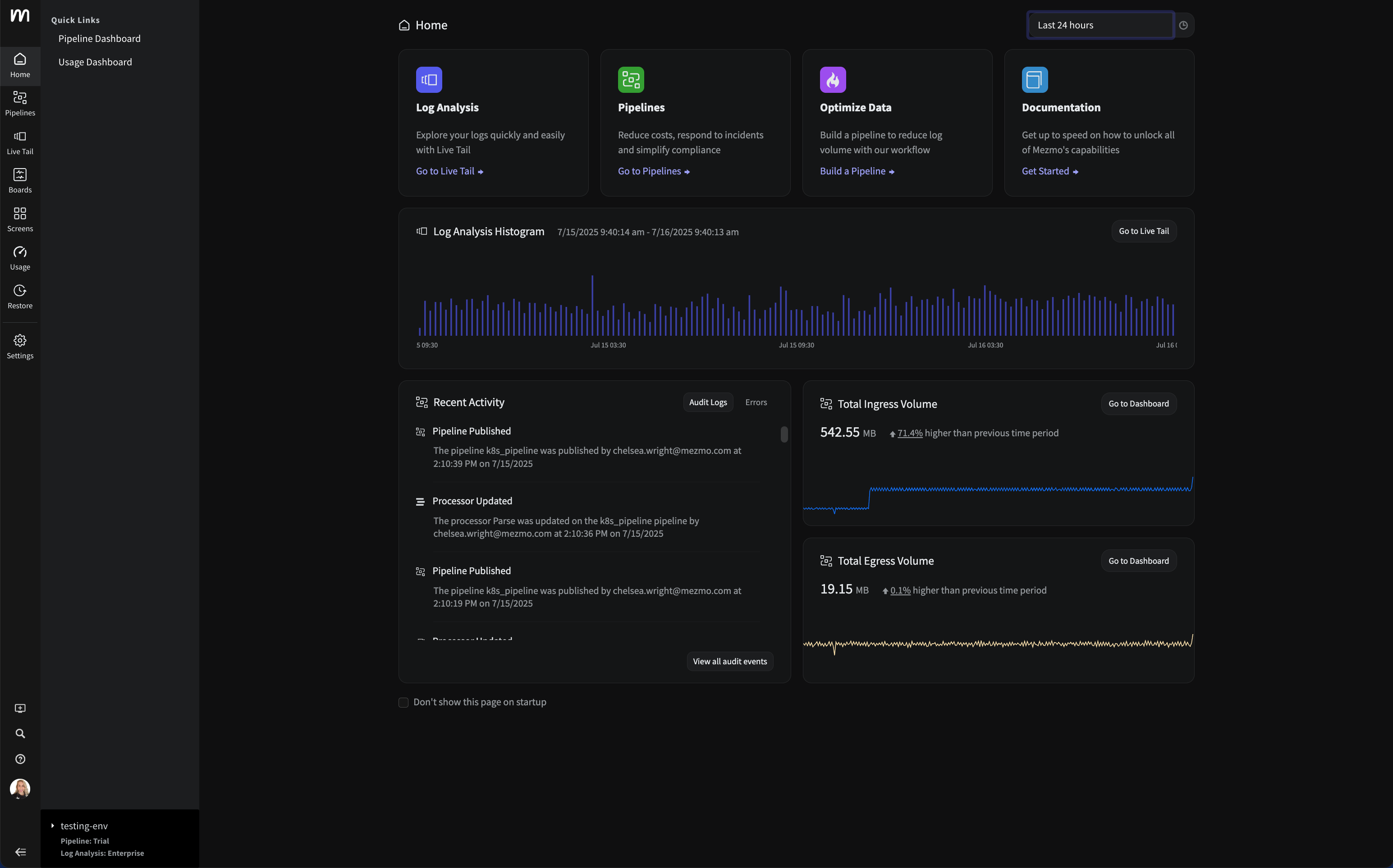So You’re Ready for Your Next Adventure
LogDNA is now Mezmo but the insights you know and love are here to stay.

I just celebrated my first anniversary at LogDNA, so I thought it fitting to write my first LogDNA blog post.
The year marker seems like the right time to reflect on some things that I’ve learned along the way and give a taste of our unique culture. In the tech industry, it’s not uncommon for people to seek new opportunities to grow their career, so this blog post is also meant to share a few things that I look for in new roles with the hope that it helps people who are ready for a similar change. While I’m a marketer by function, I think these tips can apply to people in any discipline in any industry.
Everyone has their own calculus, their own checklist of the most important things that they look for in assessing a new opportunity. For me, I look for three things: team fit, organizational health fit, and career fit.
Look for team fit
It might seem trite, but it’s true: the most important decision factor when considering a new opportunity is the team. Simply put, your team is everything. The team can make a challenging experience fun (we’re doing something big that neither of us could achieve alone) or it can make the job dreadful.
Still, assessing the team fit during an interview process is complicated. Like dating, everyone’s presenting themselves in the best possible light. The candidates. The interviewers. Everyone. Here are a few things that I looked for at LogDNA:
- Do team members share a set of core values and a common purpose that unites them? At LogDNA, our core purpose -- why we exist -- is powerful: to empower people who build solutions that shape the world. We look through this lens with everything we choose to do. And, we have a set of values that meaningfully describe how we behave with each other.
- Do team members seem like fellow builders? Especially at a startup that is in scale mode, I look for a team that shares the aspiration of building something new and disruptive. This doesn’t just mean product. For instance, the marketing team at LogDNA is building a distinctive, vibrant brand and is finding new paths into a market dominated by the dinosaurs of our category. That’s a cool challenge, and it is shared by everyone on the team.
- Do you trust your prospective manager with your career? A former colleague once taught me that the single most important thing a candidate asks themselves when interviewing is “would I trust this person with my career?” That’s pretty weighty, but it’s 100% accurate.
The point is to find the people who you’ll want to go to battle with for the long haul. Often when interviewing, candidates spend most of their time answering questions but interviewing is a two-way street. Interview your potential employer as if they need to convince you that their company—and your potential team and hiring manager—is the best place for you to continue building your career.
Look for organizational health fit
I’ve got to admit, for someone who loves mission-driven, strong-culture companies, I loathe the word “culture.” It means everything and nothing at the same time.
Recently, I’ve become familiar with the term “organizational health.” It’s meant to communicate not just the IQ of the company, but the EQ as well, which to me, speaks volumes.
Here are a few things to look for when assessing organizational health:
- Does it seem like there is a low level of politics? All organizations greater than 2 people have politics, so it’s not a question of whether there is politics; rather, it’s a question of whether the politics get in the way of business results and learning. You want a balance of super smart people who are also kind, treat each other with respect, and have fun.
- Do people seem clear on the company direction? Using this litmus test couldn’t be easier—ask all of your interviewers the same question about company direction. If you’re getting similar answers, then that’s a good sign.
At LogDNA, our investment in organizational health is rooted in the belief that our team is one of our primary competitive advantages in the market. We believe that a team of 140 people all rowing in the same direction has the adaptability and nimbleness to beat a team of 10,000 who can barely handle their oars. And we’re constantly communicating the fundamentals—our core purpose, core values, the strategy for winning, and what matters most across the company right now—in order to keep LogDNA healthy.
Look for career fit
I often refer to careers as adventures. They are more than individual jobs. They represent multiple jobs, and each job opportunity is measured by how it contributes to your growth and learning. Yes, other factors are important—compensation, title, and so on—but the most important factor is ongoing growth and learning. When evaluating a new opportunity, take time to understand how this new role fits into your overall career arc.
LogDNA is my first startup. When I decided to join the team, I was looking for a company as it was beginning to scale, a phase of growth that I’d never experienced. For me, I immediately saw the career fit at LogDNA. I was eager to apply what I’d learned in my career to lead a great team and help bend the growth curve at LogDNA even more.
Today, the company is disrupting the traditional log management category by creating what we call an observability pipeline: a platform that enables the builders of this economy—the developers, security engineers, site reliability engineers… everyone!—to get vital data in real time, without regard to source, to destination, to use case, or to scale. This is an opportunity to work on this big, complicated challenge. When you are scaling, there’s another meaningful benefit: you get to stretch your career faster by doing things that you’d never get the chance to do at a bigger company.
One last thing…
It’s been a tremendous year full of learnings (and did I mention explosive growth?). Mostly, though, I wake up psyched to work with a kick-ass group of people who are thinking about customer problems, day-in and day-out, and have fire in the belly to take on the industry Goliaths and change the world for the better.
So, that’s my 1 year reflection. I hope these tips are helpful to you as you contemplate the next step in your career adventure. PS: We’re hiring.


.png)


.jpg)












.png)
























.png)





























































